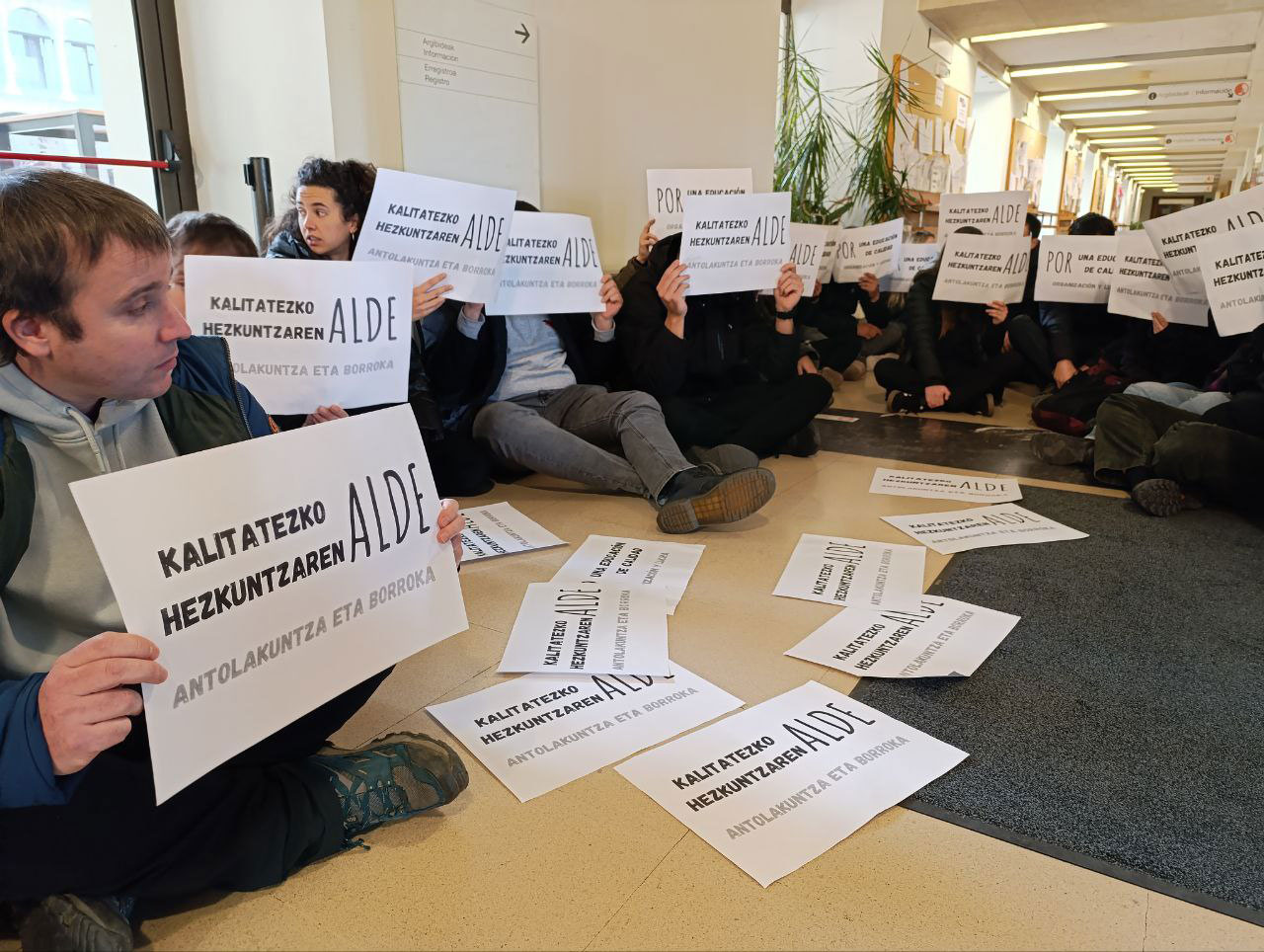"We're educating people of the future with ancient procedures."
- They fill us with content as soon as they enter the world. Numbers, colors, mathematics, history and geography. But life is a complex process that needs to be managed beyond that. With others and with oneself. The pedagogy of trust has come with the ambition to show all those tools that so far have not been given us by the educational system. Amaia Antero’s book is called this: Pedagogy of trust.
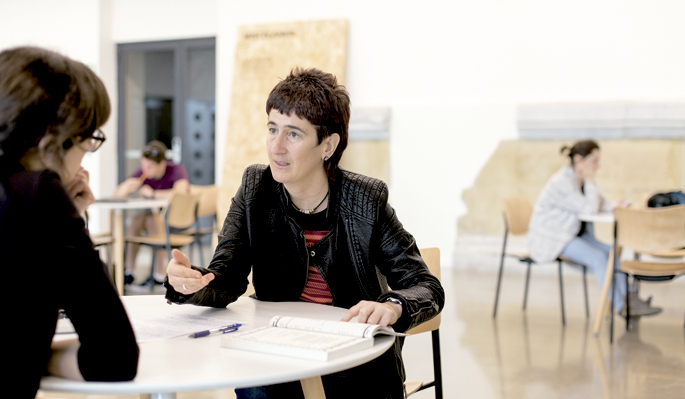
What exactly is pedagogy of trust?
If we take a definition by terms, the word pedagogy indicates the help that is given to a person throughout their educational trajectory. It refers to quality, how the adult should intervene in the journey of the child or young person. We've added the word trust to this, making it our differential. We believe it is essential that students trust themselves, others and in the context of the teaching-learning process. When this is achieved, the student is prepared and open to learn.
What gaps do you see in the current educational model?
The image of the rear-view mirror can help to talk about this issue: we move forward but always looking backwards. Except for exceptions, we can say that we are educating people of the future with old procedures. Where is the vacuum? In the previous model, the center has been a teacher and the passive student. The minds of the students have been filled with knowledge, but without starting from what is in the student. So we say that we need to focus on learning and change roles.
ADVANTAGES:
“In the centers in which our team participates, we mix ages in spaces, such as on the street and in the plazas, or in the indigenous communities. In this way, the older adults are triggered by the instinct of care for the younger ones and the younger ones are given imitation models. On the other hand, age confusion allows respecting the different cognitive rhythms and the interests of boys and girls”.
What does the model they propose transform people into?
It is very important that the student looks like a person, as an individual who is learning, which humanizes education. Beyond the academic project, we want to help students build a full life project. To do this, we take care of all kinds of skills and intelligences and provide a context for their elaboration; in traditional education we work mainly with logical and mathematical intelligence and linguistic intelligence, but where are all the other capacities left? In life, we need all those things.
That moment when kids start school...
The second process of children's socialization begins at school. It tends to be very early, and in our team we take great care of the moment. We do not have a week of adaptation, because we believe that it will be the child himself who marks the end of this phase. We have to make a very sensitive transfer of trust from the reference figures (parents, mothers, fathers...) to the school figures (teachers, other educators...). That's why it's important for us for families to come into school and make the necessary time in school. When you find a safe haven in educators, you're willing to explore and learn. And the same thing happens in the upper stages.
Trust is essential. Why?
This time I'm going to ask you a question: think of a person you fully trust, remember. What makes you have that confidence?
Loyalty, lack of conditions...
These are the answers that normally come out. It's there when I need it, it accepts me as I am, it's OK or OK, it doesn't judge me, it respects my rhythms, it believes in me. All these feelings affect personal self-esteem and feelings of competence. When a person puts everything in someone, they feel able to face the challenges. When these elements come together in the relationship, you feel the trust and they help you feel valuable and able to face situations. This is essential to advance life.
When is trust ruined?
Just when all that is missing. When you've needed someone and you haven't been. When you opened the door to someone and you felt judged. When you've needed your rhythm and you've been asked for another one. So there are injuries and it's hard, but fortunately, throughout our lives we have the opportunity to heal them through personal work.
Are borders necessary, but fear is sometimes not transmitted?
On more than one occasion we have been asked, “So in the pedagogy of trust everything is possible? Are there no limits?” The person needs limits, of course, because they give him security and in order to respect himself we need those limits to respect others. However, many times there is a transfer of fears rather than limits through shrubland rules and shrubland limits, and their separation is important. What is fear and what limits.
Can a self-suspicious adult convey confidence to the child?
Those who do not live will hardly convey trust. Anyone who does not trust others or in life, who has not done that work with himself, will hardly be able to do it to anyone. We cannot bring the boys and girls to where we have never come. Therefore, in the pedagogy of trust, the internal work that is done is important.







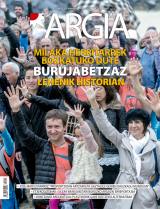

.jpg)



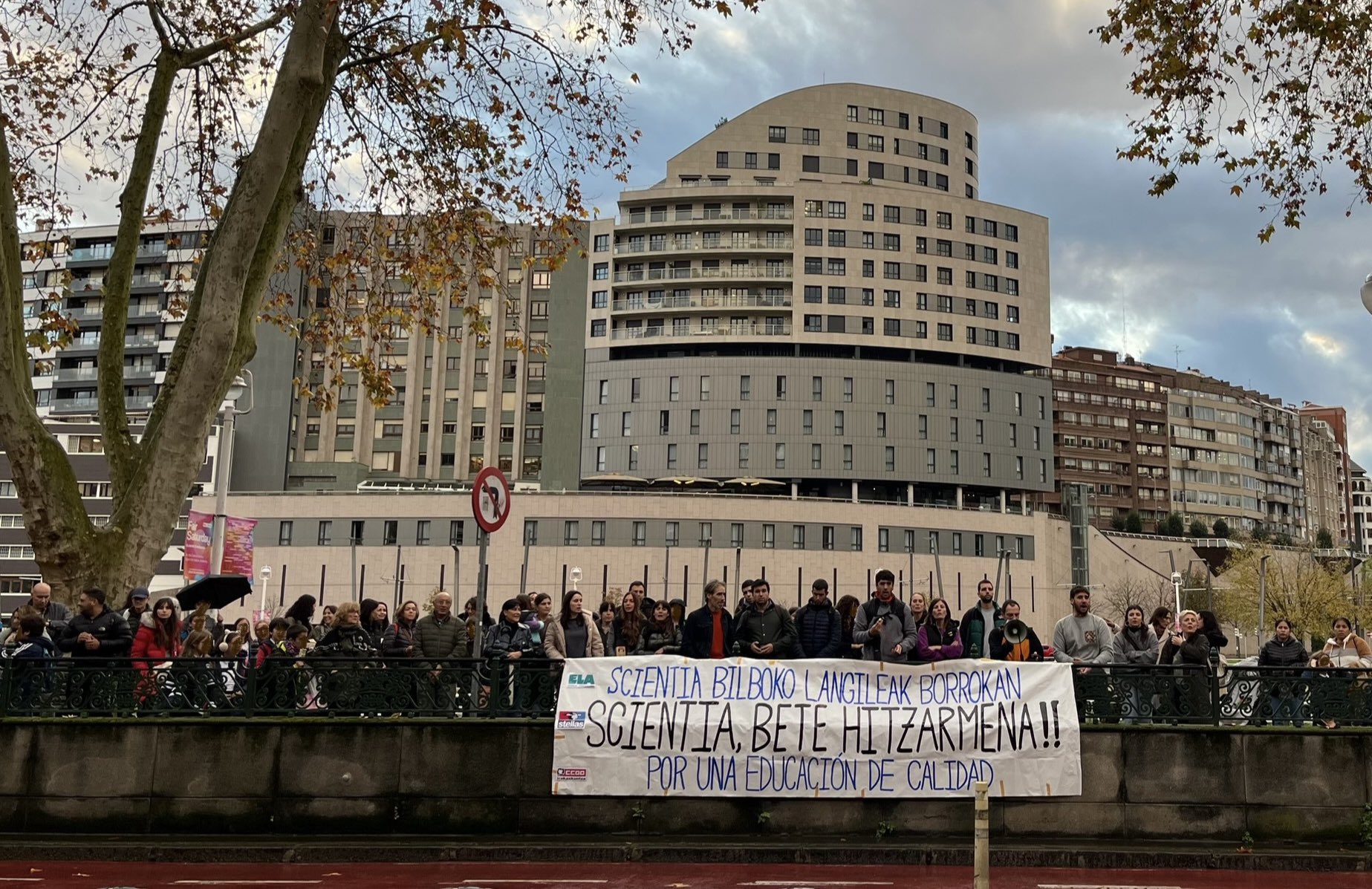

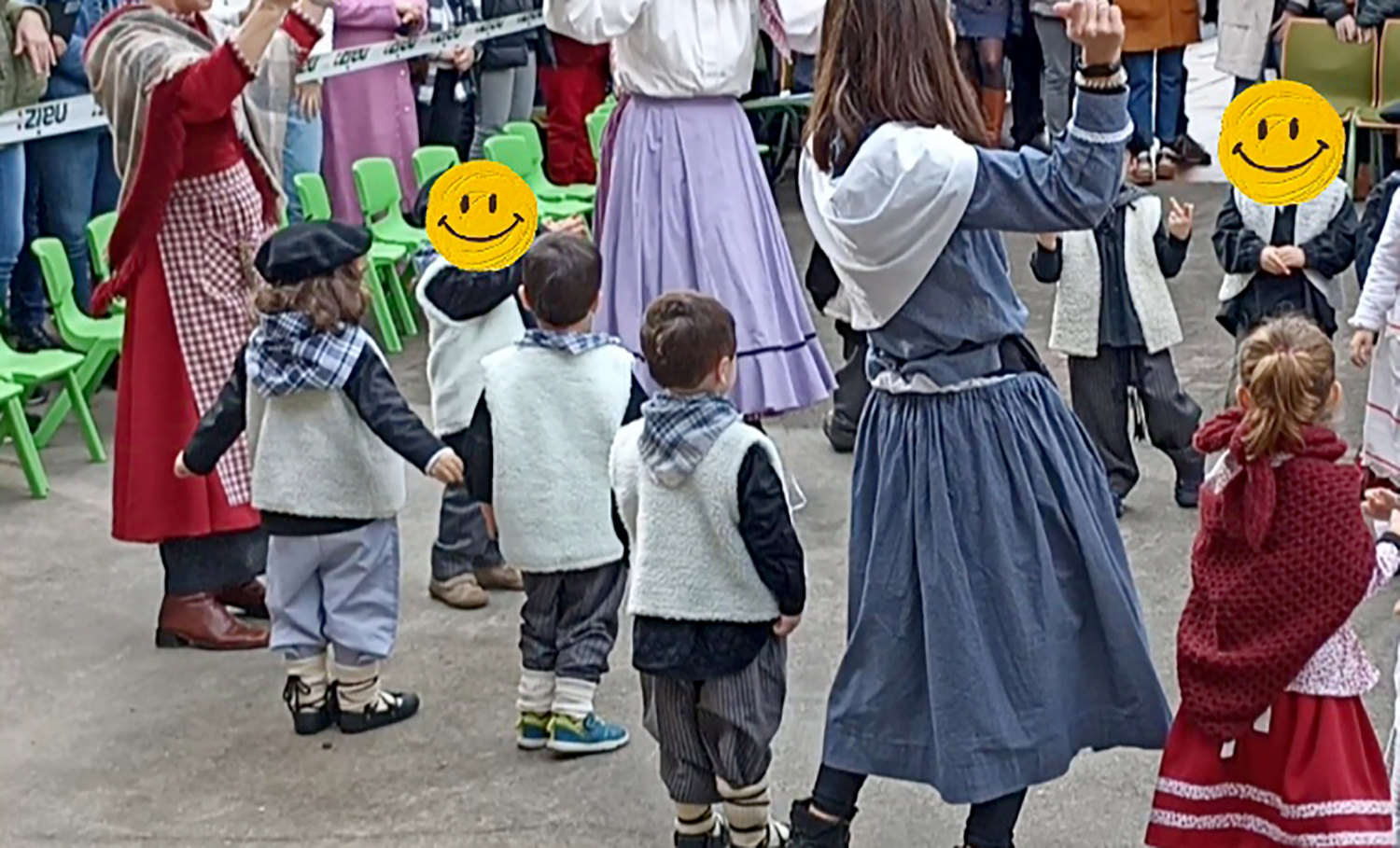
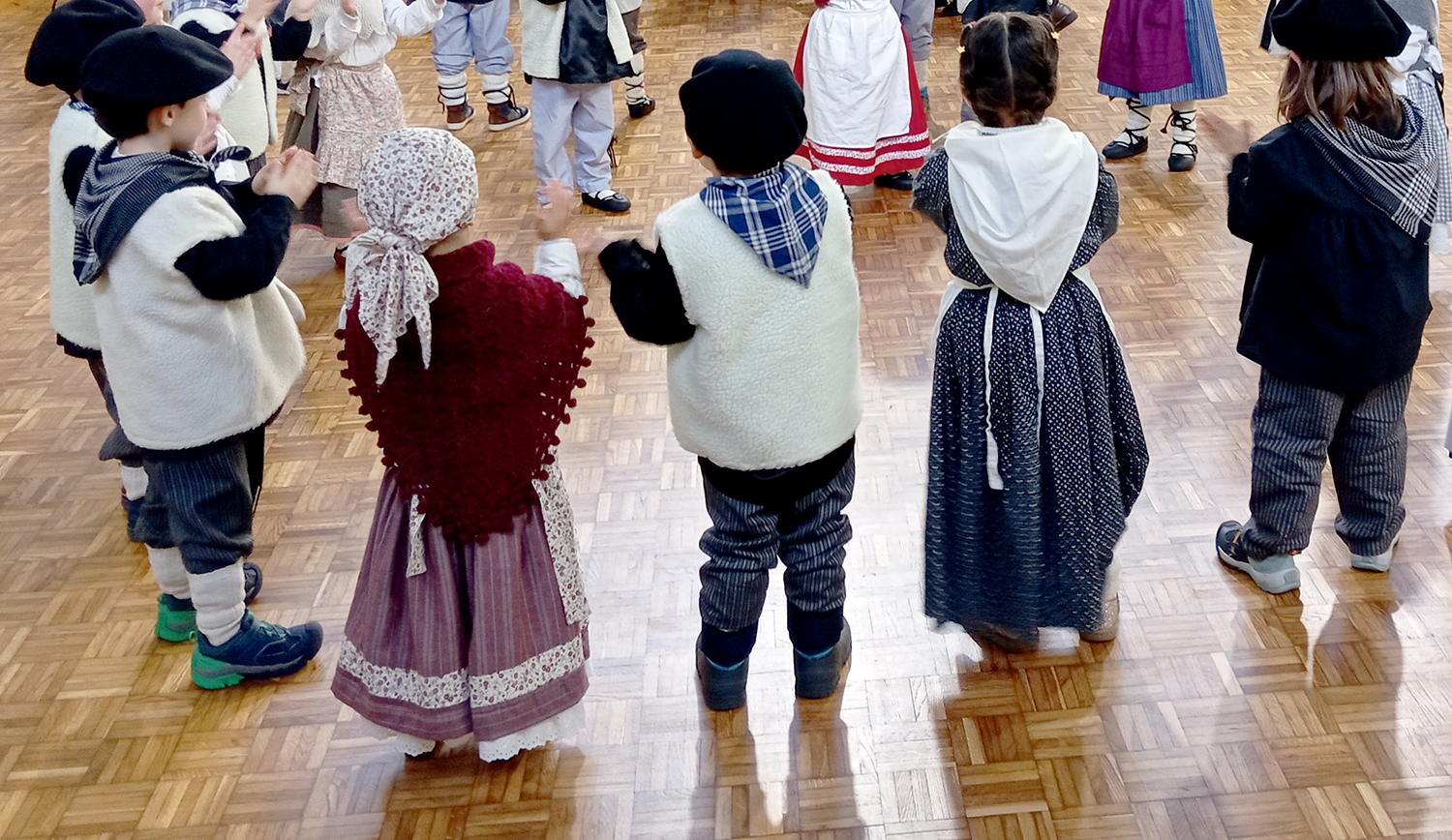
.jpg)
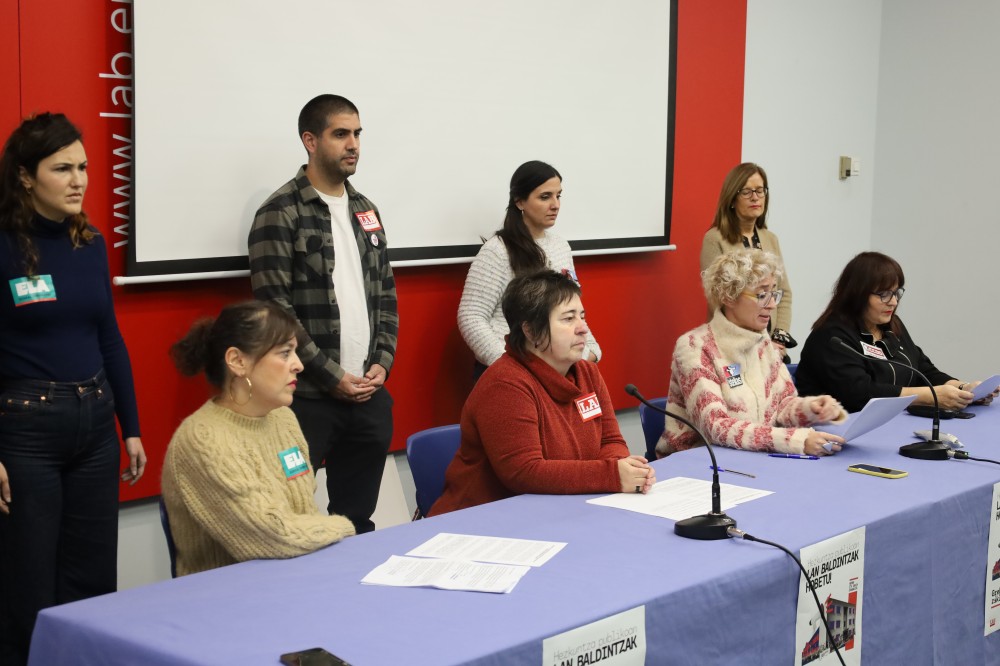
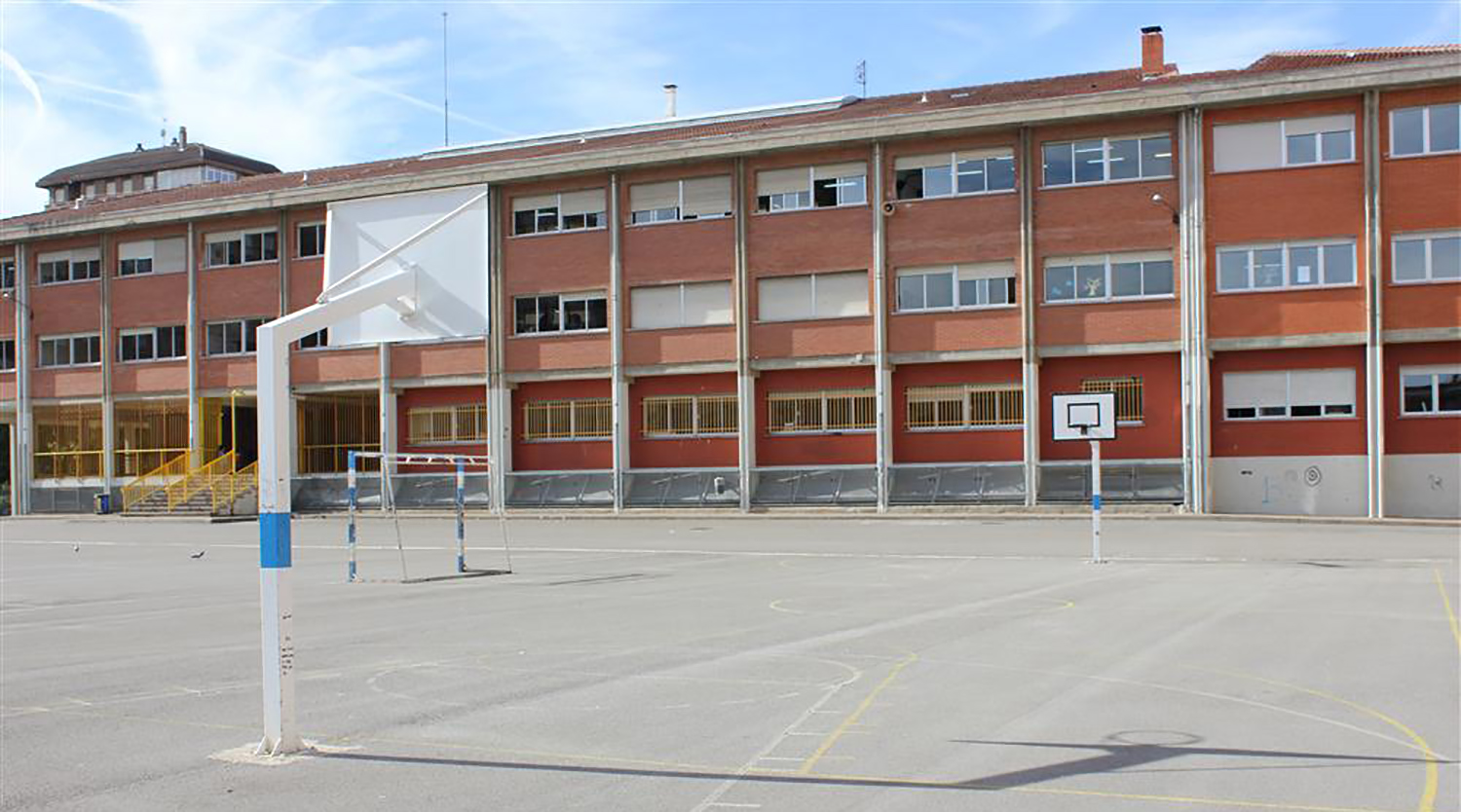
.jpg)
